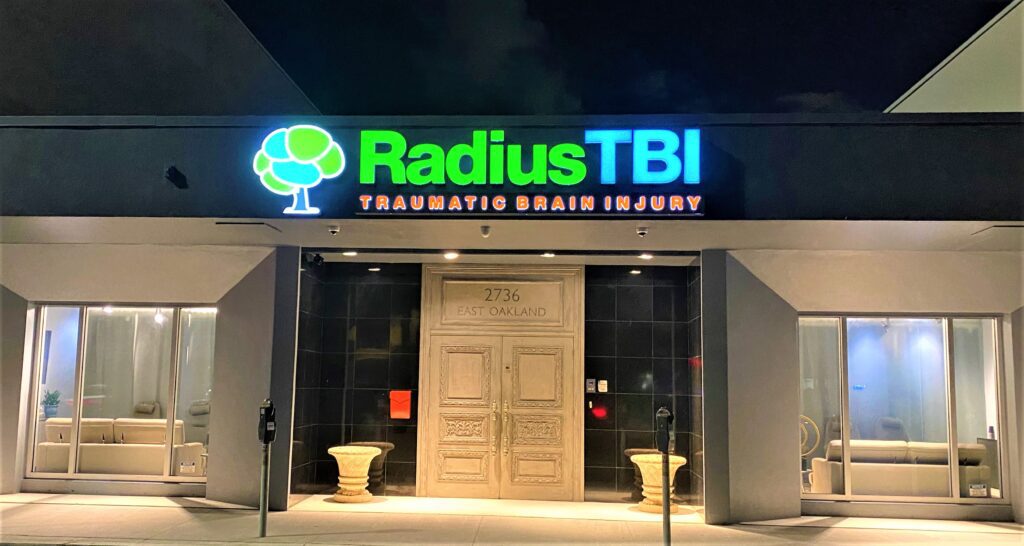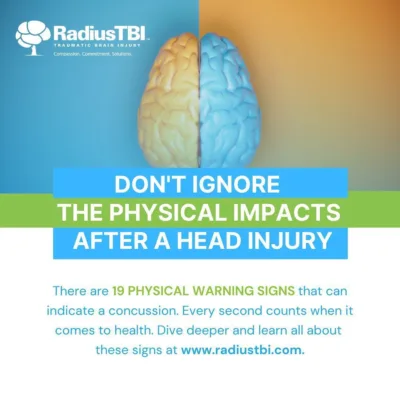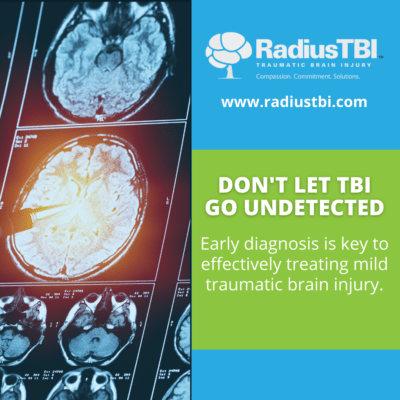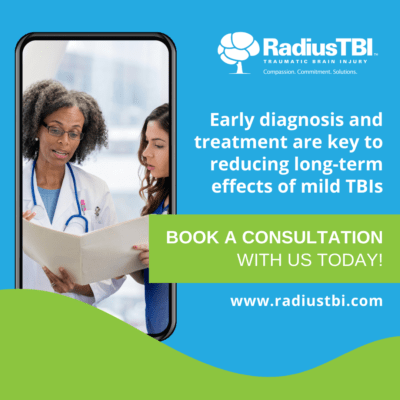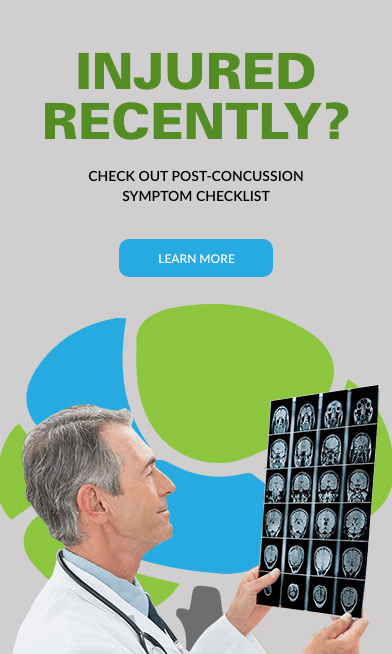Don't Ignore These 19 Physical Warning Signs You May Have a Concussion After An Accident
Be Aware of These Warning Signs of a Concussion
Why Early Detection and Proper Medical Intervention are Crucial for Head Injuries and Trauma
Head injuries and trauma can have serious consequences, including concussions. That’s why it’s crucial to be aware of the physical warning signs and take action immediately. Early detection and proper medical intervention can make all the difference in preventing further damage to the brain. Keep an eye out for the following 19 physical warning signs, as they may be indicative of a concussion. Don’t wait to seek medical attention if you or someone you know is exhibiting any of these symptoms.
Our collaborative approach ensures that all facets of a concussion, from physical symptoms to cognitive and emotional well-being, are addressed comprehensively. At Radius TBI, our multidisciplinary team is dedicated to helping individuals with concussions recover and regain their quality of life, providing tailored care that addresses their unique needs.
Radius TBI: Ft. Lauderdale, Tampa, Orlando, Florida.
At Radius TBI, our team of dedicated professionals, including neurologists, neuropsychologists, neuro-ophthalmologists, audiologists, TBI physical therapists, neurofeedback therapists, and other specialized providers, work collaboratively to provide comprehensive care and support for individuals experiencing the physical warning signs of a concussion.
Concussions are a type of traumatic brain injury that can occur as a result of a blow to the head, a fall, or any other incident that causes the brain to shake within the skull.
While concussions are common, they should not be taken lightly. Recognizing the physical warning signs you may have a concussion after an accident or an injury are essential for early detection and prompt medical attention.
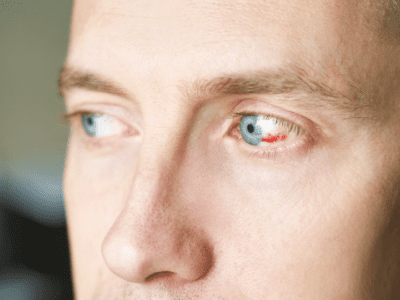
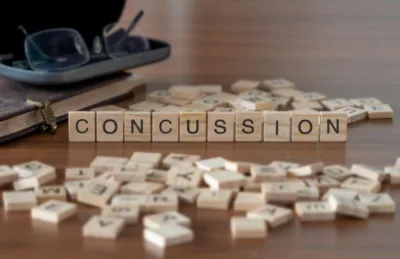


These 19 Physical Warning Signs You May Have a Concussion After An Accident are your body's way of telling you that something may be wrong inside your head – listen carefully.
1. “Headache: A Common Indicator of a Concussion”
One of the most common symptoms of a concussion is a persistent or severe headache. This headache may develop shortly after the accident or even days later. It can vary in intensity and may be accompanied by pressure or a feeling of tightness in the head.
2. “Nausea and Vomiting: Listen to Your Body After an Injury”
Nausea and vomiting are frequent symptoms of a concussion. If you or someone involved in the accident feels nauseous or vomits, it could be a sign of a head injury, and medical attention should be sought promptly.
3. “Balance Problems: When the World Feels Unsteady”
Concussions can affect your balance, making you feel unsteady on your feet or even causing you to stumble.
4. “Dizziness: Coping with the Spin After an Injury”
A sensation of lightheadedness or spinning, often accompanied by a loss of balance, is another common physical symptom of a concussion. You may feel as though the world is spinning.
5. “Vision Changes: How Concussions Impact Your Sight”
Blurred vision, double vision, or difficulty focusing can all be signs of a concussion. Your vision may become impaired after a head injury.
6. “Eye Floaters After an Injury: Signs of a Hidden Concussion”
Eye floaters can appear following a concussion and may be indicative of concealed retinal tears, which, if left untreated, can progress to retinal detachment and result in permanent vision loss.
7. “Sensitivity to Light (Photophobia): When Bright Lights Hurt”
Bright lights may become incredibly uncomfortable or painful for individuals with concussions. If you find yourself squinting or seeking shade indoors, it could be a sign.
8. “Sensitivity to Noise (Phonophobia): The Sound of Concussion”
Similarly, loud noises might become intolerable, causing distress for those with concussions.
9. “Change in Smell: When Scents Suddenly Shift“
A change in your sense of smell can be an unexpected but significant indicator of a concussion. After an injury, some individuals may notice alterations in their ability to detect or perceive odors.
10. “Change in Taste: How a Concussion Can Alter Your Sense of Flavor”
Just like changes in smell, a shift in your sense of taste can occur after a concussion. You might experience unusual or distorted taste sensations that were not present before the injury.
11. “Slurred Speech: When Words Don’t Come Out Right”
A concussion can impact your ability to speak clearly, resulting in slurred or slow speech. Your words may not be as coordinated or precise as usual.
12. “Fatigue: The Overwhelming Exhaustion of a Concussion”
Experiencing extreme tiredness or fatigue, even with minimal physical or mental exertion, is a common symptom of a concussion. This overwhelming exhaustion can significantly affect your daily activities.
13. “Amnesia: Memory Gaps After an Injury”
After a concussion, memory gaps or amnesia can occur. You may have difficulty remembering events leading up to or following the injury, which can affect your ability to recall important details.
14. “Pupil Size Difference (Anisocoria): Examining Unequal Pupils”
Anisocoria, or unequal pupil size, can be a sign of various neurological conditions, including concussions. It requires a thorough evaluation by a medical professional to determine the cause and appropriate treatment.
15. “Loss of Consciousness: Brief Blackouts and Concussions”
Brief or prolonged loss of consciousness is a serious symptom of a concussion. Even if the loss of consciousness is short-lived, it should be taken seriously and *requires immediate medical attention.
16. “Seizures: A Rare but Serious Concussion Symptom”
While uncommon, seizures can be associated with concussions, particularly more severe ones. These sudden, uncontrolled electrical disturbances in the brain *require urgent medical evaluation and care.
17.”Clear Fluid Drainage: A Sign of Possible Skull Fracture”
Leakage of clear fluid from the nose or ears may indicate a skull fracture, a severe injury that necessitates *immediate medical attention.
18. “Facial Bruising or Swelling: Warning Signs of Head Trauma”
Bruising, swelling, or deformities around the face or skull can suggest significant head trauma and *should prompt immediate medical evaluation.
19. “Face Pain: When Discomfort Signals Potential Concussion”
Facial pain or discomfort following a head injury is a concerning symptom that should not be ignored. *Seek medical attention to ensure there are no underlying issues.
Concussions are serious injuries that require prompt medical attention. If you or someone you know experiences any of these 19 physical warning signs after an injury, especially a head injury, it’s crucial to seek immediate medical care. Concussions can have long-term consequences if not properly managed, but early intervention can help mitigate the effects and promote a smoother recovery. Always prioritize your health and safety by taking any head injury seriously and seeking professional medical evaluation when in doubt.
Did you know?
There were more than 214,000
TBI-related hospitalizations in 2020 (https://www.cdc.gov)
Latest News & Updates
Blogs

Best Psychotherapist in Broward County and Neurofeedback Therapist
Your Trusted Best Choice for Neurofeedback Physiologist and One of the Best Psychotherapist in Broward County, FL.

New 2024 Revolutionizing Mild Cognitive Impairment Research
Our groundbreaking study on Mild Cognitive Impairment (MCI) is reshaping the landscape of neurological research. Dive into the complexities of the brain as we unveil the potential of the Oculomotor, Vestibular, and Reaction Time (OVRT)
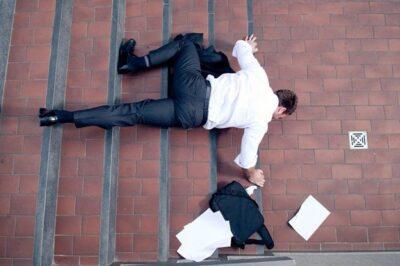
Slips & Falls, Auto Accidents & Accidental Contact are Main Causes of Concussion
A concussion is classified as a mild TBI. Our concussion medical specialists want to help you understand the most common causes of concussions.
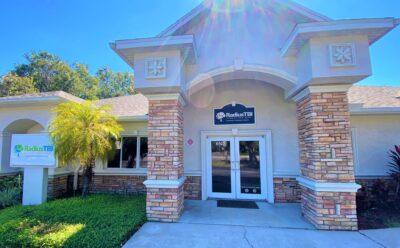
Your Premier TBI/Concussion Center in Tampa, FL
At Radius TBI, our centers in Ft. Lauderdale, Tampa, and Orlando, Florida, we are dedicated to providing exceptional care tailored to individuals with head injuries. This blog will explore why choosing Radius TBI as your

The Side Effects of Whiplash
Whether you are an accident victim or know someone who has, you may have heard the term whiplash. This is a common injury in car accidents, but some misconceptions can surround it. As a consequence,
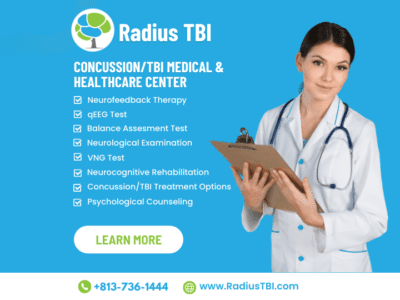
Meet Skilled One Of The Top Neurologist In Tampa: Radius TBI
Have you injured your head? Call 813-736-1444 to get checked by our one of the top neurologist in Tampa. Transforming your lives through neurology


